Description
The Nutritional Benefits of Worm Castings
Worm castings are composed of an active biological mixture that includes enzymes, plant matter, bacteria, animal manure, and earthworm cocoons. These cocoons contain eggs that eventually hatch and produce worms that greatly enrich your soil. In combination with the other ingredients in worm castings, these worms stimulate plant growth because the plants absorb the nutrients in the mixture quickly and easily. The main reason that nutrients are absorbed quickly is that worm castings are bursting with water-soluble nutrients that are easy for the plants to accept. Other benefits of worm castings include the following:
- The topdressing is capable of enhancing aeration as well as building up the soil structure.
- Many people like that worm castings are odorless.
- Worm castings form a barrier in the soil that shields plants from extreme pH levels.
- Worm castings improve the soil’s ability to retain water.
- The use of worm casting reduces the likelihood of many root diseases such as root rot.
- The product can be used with almost anything, because it is gentle enough that it won’t burn seeds or roots.
Where to Use Worm Castings?
Worm castings can be used for almost anything in your yard. Consider the following options:
- Use large amounts of worm castings on new lawns.
- Utilize worm castings as a topdressing for lawns that are already established.
- Incorporate worm castings into the surface soil levels of your raised beds.
- Work worm castings into the soil that surrounds already established vegetables or flowers.
- Insert worm castings into the bottom of your planting hole to help transplants thrive.
- Spread worm castings on your compost pile to speed along the process.
- Mix worm castings into your soil for potted plants in the house.
- Add worm castings to the soil around your rose bushes.
Worm Castings Tea
Many horticulturalists recommend using worm castings to create a “tea” to be used to water plants. If you water with worm castings tea, your plants have the advantage of gaining rich nutrients every time you water.
Contact Whittier Fertilizer to find out more about how you can use worm castings on your lawn and in your gardens!


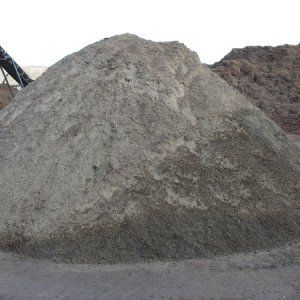
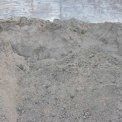
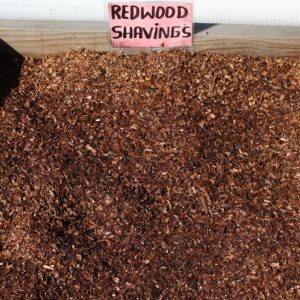
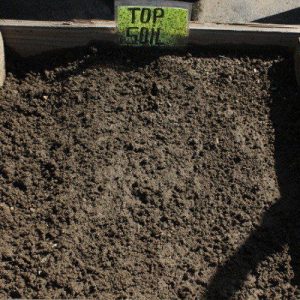
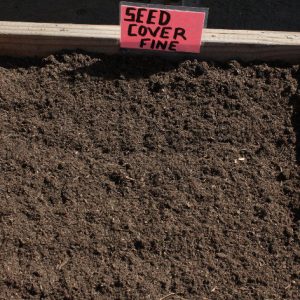
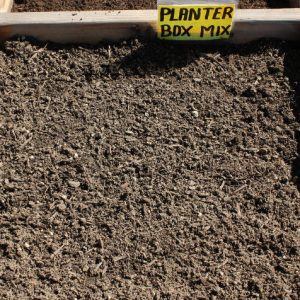
John –
How much a yard of worm casting cost?
Joaqun –
How much do worm castings cost?
Whittier Fertilizer –
Our worm castings are $110.00 per cubic yard or $12.99 for a 1 cubic foot bag. {All rates vary on the amount purchased and are subject to change periodically}
Kevin Buggs –
If I wanted to enhance my backyard soil, is it possible to bring some of my soil to mix with your flowers and veg mix and castings? 1 yard of flower and veg mix, 1/2 yard steer manure and 1 bag of worm castings. How much would that cost? with delivery to 90262?
Whittier Fertilizer –
Kevin, delivery to Lynwood is $80.00 with a 3 yard minimum. We can mix the flower veg, steer, and worm castings here and load them in your truck. {All rates vary on the amount purchased and are subject to change periodically}
Carlos –
What kind and specific ingredients are your worms fed? As you would know good quality vermicompost is not produced by just cardboard and paper like some local products at a Gardner’s store. Thank you.
Carlos –
I think it will benefit the customers, us, if we were told what the worms are fed. I called and talked to a rep. and asked him, his response was “garbage I guess isn’t that what they like” and that “the castings are not produced here. They only pick it up. People should really know what they are selling. I really want to know what kind of quality I’m getting here but I’m not sold. You guys should find out their diet.
Mike –
1. What type of worms do you use?
2. What type of material are the worms fed?
3. How long are the worms left with the material to make the castings?
4. What type of “Worm Feed” are you using to supplement their diet?
5. How long have you been in the Worm Casting business?
6. How long has the ready to purchase product sat around?
7. Are they 100% Pure Castings?
Thank you for your time.
Mike